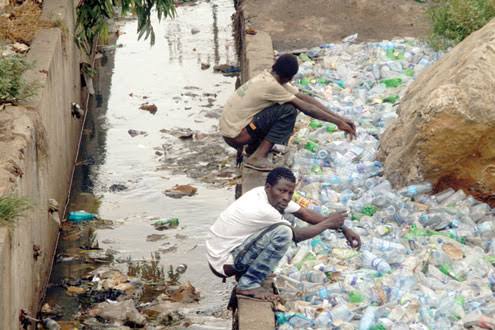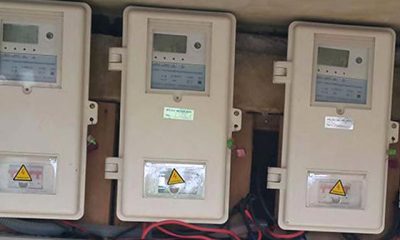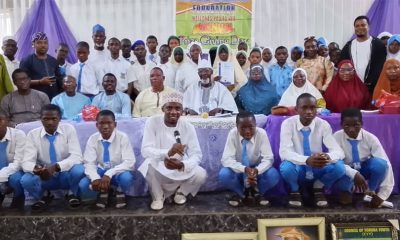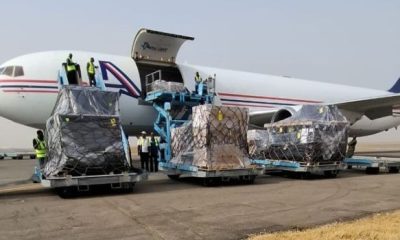News
Only 142 LGs Free From Open Defecation – FG

Only 142 out of Nigeria’s 774 local government areas (LGAs) have been declared open defecation free (ODF), the Federal Government has revealed.
This was made known by Mrs Chizoma Opara, National Coordinator of the Clean Nigeria: Use the Toilet Campaign, during a one-day sensitisation event in Awka.
The event was organised by the National Water Resources Building Network, South East Centre, in partnership with Clean Nigeria: Use the Toilet and Environment Development.
Opara expressed disappointment that Nigeria, in the 21st century, is still grappling with open defecation, describing the situation as indicative of a “high lack of commitment” among stakeholders who should be leading the charge at the grassroots level.
“We need to encourage better sanitation in the country, as poor water supply, hygiene, and environmental degradation continue to pose major challenges in Nigeria,” she said.
She further disclosed that three LGAs in Anambra State—Anambra East, Aguata, and Nnewi North have been certified open defecation free by the Water, Sanitation and Hygiene (WASH) programme. She called for intensified efforts to extend such achievements across all states in the South-East region.
Opara emphasised that genuine commitment from critical stakeholders, including religious leaders, traditional rulers, women’s groups, youth organisations, and individuals, is crucial in the national fight against open defecation.
She called on Nigerians to embrace patriotism in what she described as a collective war to reduce open defecation to the barest minimum.
“Our programme is grounded in advocacy for behavioural change, the cultivation of hygienic culture, and capacity building. We are committed to a holistic response to this public health crisis,” she added.
According to Opara, the organisation is developing a new strategy built on five key pillars: funding, the creation of an enabling environment, environmental awareness campaigns, advocacy, and communication.
She urged private sector actors and philanthropists to support the cause, noting that the government alone cannot meet the demands of eradicating open defecation in the country.
The conference in Awka marks another effort in the national push to improve sanitation and hygiene standards, especially in rural and underserved communities.
-

 News4 days ago
News4 days agoInsecurity: Kogi Schools Resume On Monday
-

 Opinion4 days ago
Opinion4 days agoDon’t Pull the Plug: Why Nigerians Are Pleading for the U.S. to Extend Its Police Training Program — and Why It Must Synergize With New Military Arrivals
-

 Crime3 days ago
Crime3 days agoVigilante Reportedly Shoots Colleague Dead In Plateau
-

 Crime5 days ago
Crime5 days agoPolice Arrest Two Over Murder Of 62-Year-Old Woman In Oyo














